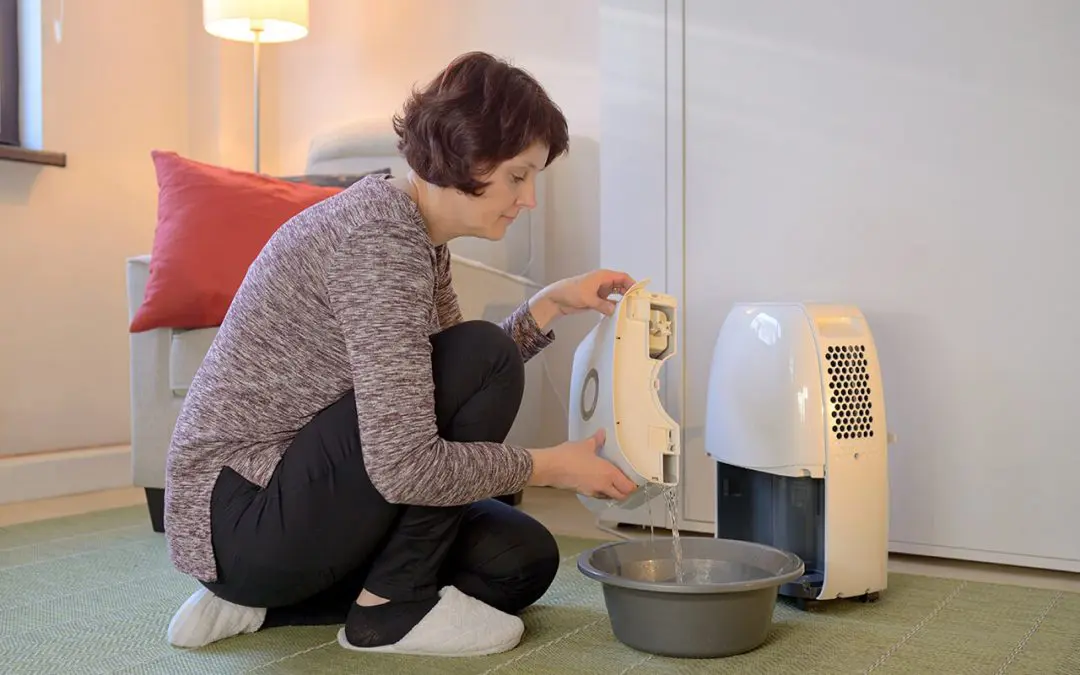Humid air inside the house can be damaging and cause adverse health effects. It can also make your home feel uncomfortable. Controlling a home’s humidity helps prevent water-related damage, mildew, and mold. The recommended indoor humidity ranges from 30 to 50 degrees. Here are a few proven ways to keep humidity in your home under control.
Control Humidity in Your Home by Limiting the Number of Houseplants
Flowers and plants make a room fresh and lively. However, the moisture that they release can increase indoor humidity. Keeping too many plants inside the house brings up the moisture content in the air, especially if you overwater them. Experts recommend keeping indoor plants in a well-ventilated room to keep indoor moisture levels low.
Install a Humidifier
Another way to keep humidity under control is to install a dehumidifier. Whole-house dehumidifiers attach to the HVAC system and remove excess moisture from the air. A dehumidifier helps you save on energy because you will use the AC less. You can also purchase a small portable dehumidifier that you can move into different rooms as needed.
Keep Wet Clothes Outside
Not all clothes should be dried in the dryer. Some homeowners use an indoor drying rack to dry their damp and delicate clothes. However, keeping damp clothes inside the house will make the home more humid, especially during the summer. Instead, hang wet clothes on an outdoor clothing line or drying rack to keep moisture levels low.
Leaking Pipes Raise Humidity in Your Home
Leaking pipes can make a home more humid. Wrap faucets and pipes with insulation tape to prevent condensation and hire a plumber to fix leaks. High water bills, wet spots, and stained drywall are some of the signs of leaking pipes.
Repair Your Roof and Clean Your Gutters
Roofing and gutters can cause indoor water leaks that will make your home more humid. Experts recommend extending downspouts at least 6 feet and directing them away from the windows, doors, and foundation. It is also smart to clean the gutters frequently to reduce indoor humidity.
Avoid Long, Hot Showers
Hot showers create lots of steam. While hot showers are comforting, they will increase your humidity levels. Try reducing the temperature a bit and set a timer to monitor the length of your showers.
Ventilation Fans Lower Humidity in Your Home
Ventilation helps control indoor humidity when cooking over a hot stove or taking a bath or shower. Turn ventilation fans on while you’re cooking or showering, and let them run for 10-15 minutes after you’re done to reduce humidity. Ventilation fans are a proven way to keep humidity in your home lower.
Excess indoor humidity can encourage harmful mildew and mold growth and cause health issues. The above tips will effectively reduce humidity in your home and minimize the problems it causes.
Appalachian Inspection Services provides Western North Carolina with home inspection services. Contact us to schedule your appointment.

